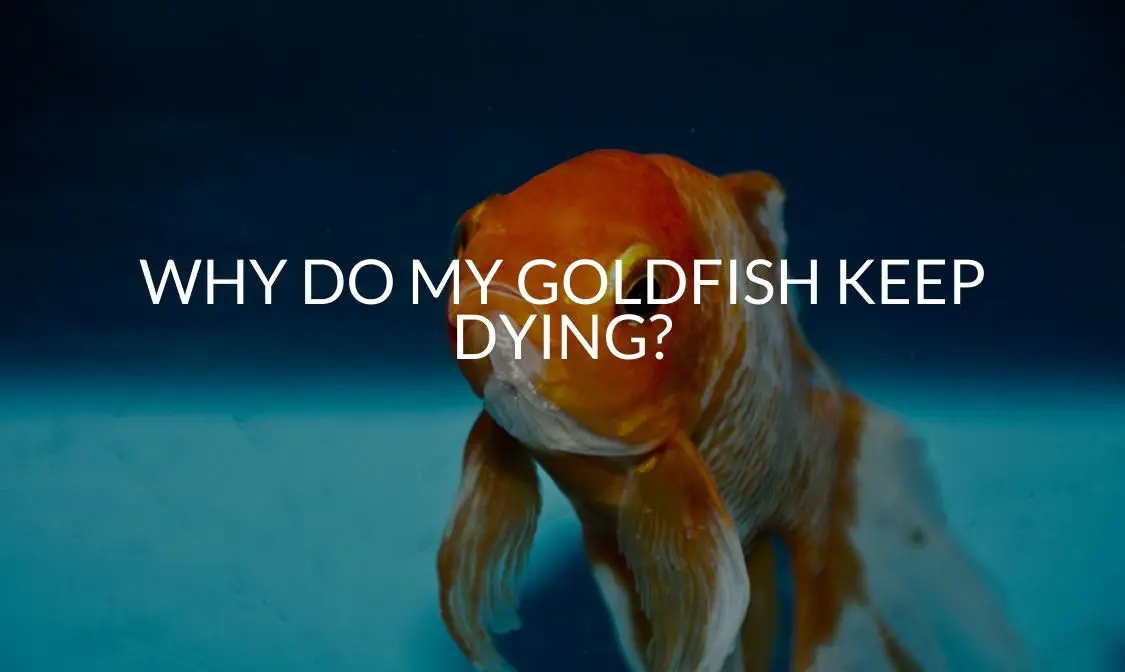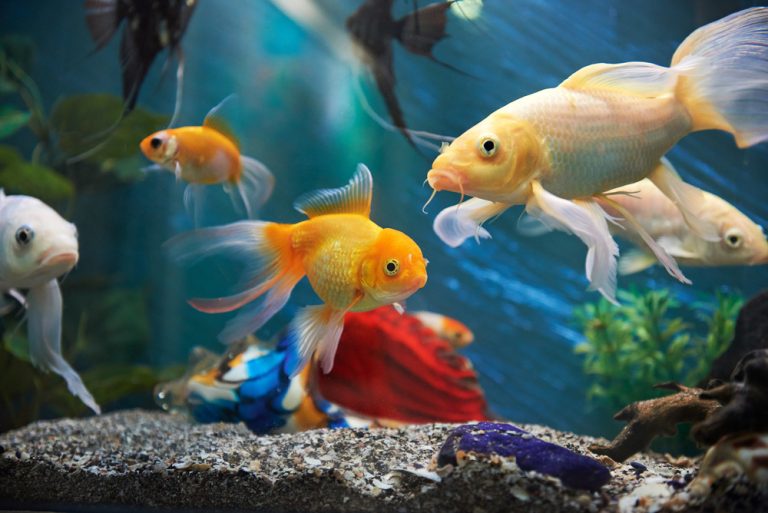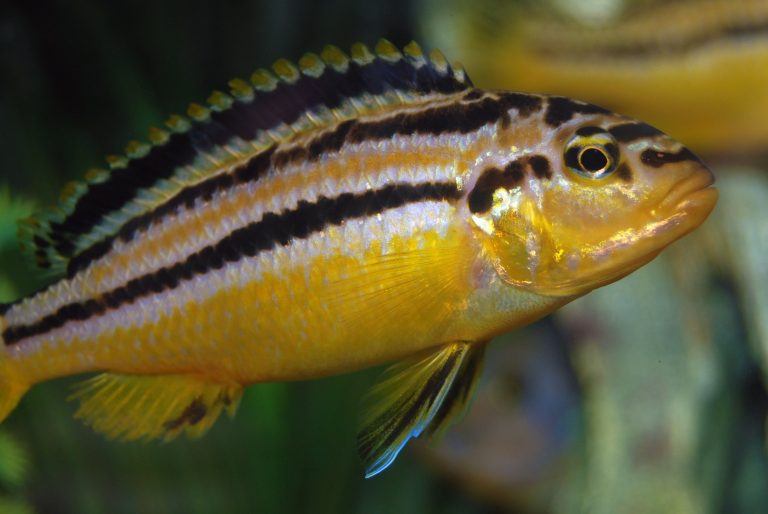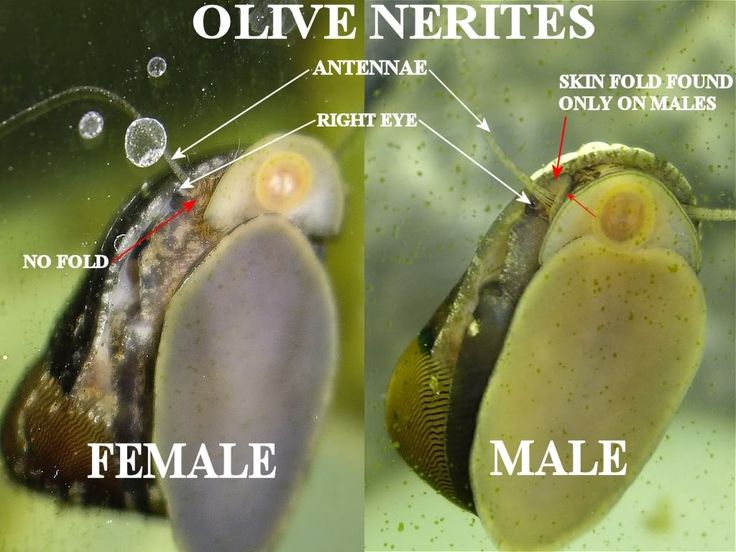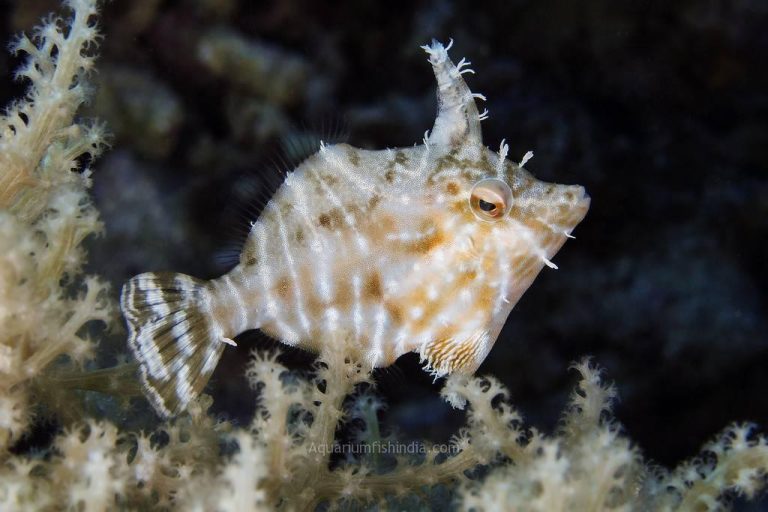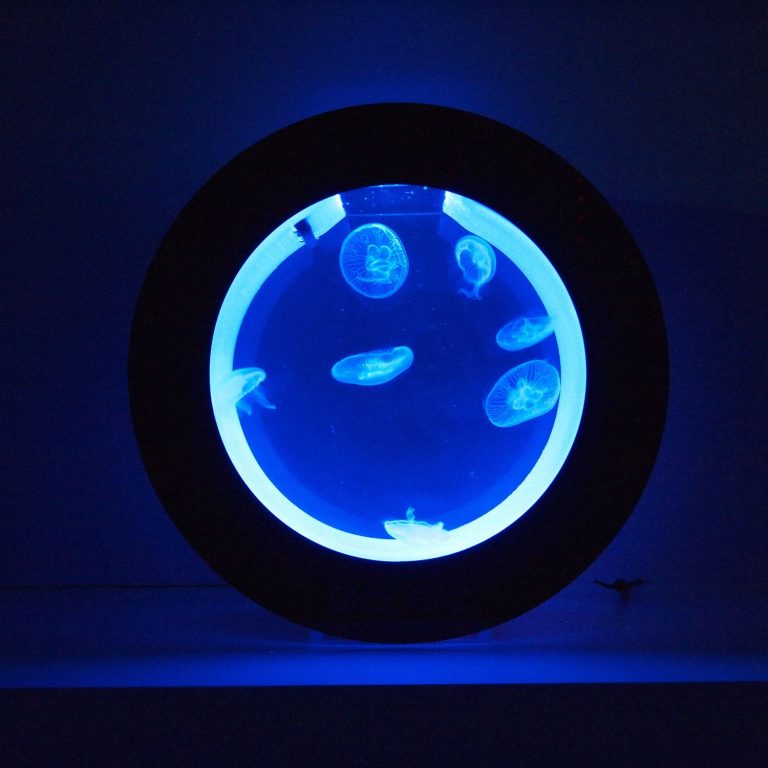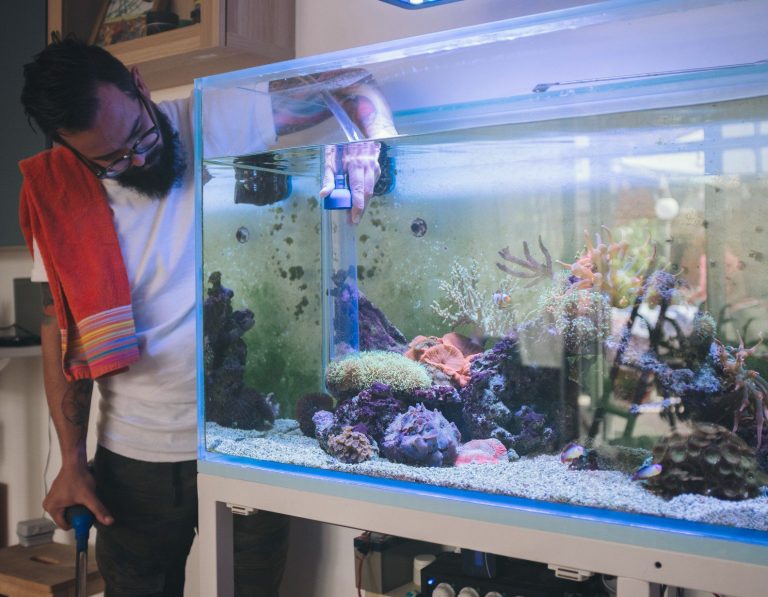Why Do My Fish Keep Dying
Have you ever wondered why your fish keep dying? It can be frustrating and disheartening to invest time, effort, and money into caring for them, only to have them perish unexpectedly. But fear not, because in this article, we will delve into the common causes of fish mortality and provide you with valuable insights to help you maintain a healthy and thriving aquarium.
Water Quality
One of the most significant factors that can contribute to fish death is poor water quality. Fish rely on clean and balanced water parameters to survive, and any deviations can be detrimental to their health. Here are some aspects of water quality to consider:
1. pH Levels
The pH level of your aquarium water plays a crucial role in the overall health of your fish. Different fish species thrive in different pH ranges, so it’s essential to research the specific requirements of your fish. Sudden fluctuations or extreme pH levels can cause stress and even death in fish.
2. Ammonia and Nitrite Levels
Ammonia and nitrite are toxic compounds produced by fish waste and uneaten food. High levels of these substances can quickly poison your fish. Proper filtration, regular water changes, and monitoring ammonia and nitrite levels with test kits are essential for keeping them under control.
3. Temperature
Fish are ectothermic animals, meaning they rely on their environment to regulate their body temperature. Sudden changes in water temperature, whether too high or too low, can stress fish and make them more susceptible to diseases. Ensure that your aquarium heater or chiller is functioning correctly to maintain a stable temperature.
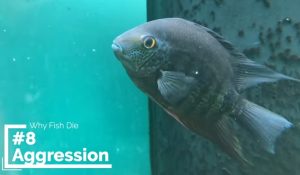
Overstocking
Many aquarium owners fall into the trap of overstocking their tanks. While it may seem tempting to fill your aquarium with various fish species, overcrowding can have severe consequences. Here’s why:
1. Limited Oxygen Supply
Fish rely on dissolved oxygen in the water to survive. The more fish you have in your aquarium, the higher the demand for oxygen. Overstocking can lead to oxygen depletion, causing your fish to suffocate.
2. Increased Waste Production
More fish means more waste production. If the filtration system in your aquarium cannot keep up with the waste load, toxic compounds can accumulate, compromising the water quality and ultimately leading to fish deaths.
Incompatible Tankmates
Choosing compatible tankmates is crucial for maintaining a harmonious and stress-free aquatic environment. Some fish species are aggressive or territorial and may harm or create distress for other species. Consider the following factors when selecting tankmates for your fish:
1. Aggressive Behavior
Certain fish species exhibit aggressive behavior, especially when defending territories or during breeding. It’s essential to research the temperament and behavior of potential tankmates to ensure they can coexist peacefully.
2. Size Compatibility
Avoid pairing larger and smaller fish together, as larger fish may view smaller ones as prey. Make sure that the size difference between tankmates is not significant to prevent aggression and predation.
3. Water Parameter Requirements
Different fish species have varying preferences when it comes to water parameters such as temperature, pH, and hardness. It’s vital to select tankmates that share similar requirements to avoid stress and health issues.
Inadequate Diet
Providing your fish with a balanced and nutritious diet is crucial for their overall health and well-being. Inadequate nutrition can weaken their immune system, making them more susceptible to diseases. Consider the following factors related to fish diets:
1. Variety of Food
A diverse and balanced diet is crucial for fish health. Many species require a combination of dry, frozen, and live foods to meet their nutritional needs. Offering a range of foods will help ensure that your fish receive all the essential nutrients.
2. Overfeeding
Overfeeding can lead to water pollution, as uneaten food decomposes and releases toxins. It’s essential to feed your fish in moderation and remove any excess food after a few minutes to prevent water quality issues.
3. Specific Dietary Requirements
Different fish species have specific dietary requirements. Some are herbivores, while others are carnivores or omnivores. Research the dietary needs of your fish and provide them with the appropriate food to promote optimal health.
Frequently Asked Questions
1. Why do my fish keep dying even though I’m doing regular water changes?
Regular water changes alone may not solve all the underlying issues. It’s crucial to assess other factors such as water quality, overstocking, incompatible tankmates, and inadequate diet. Addressing these factors holistically will increase the chances of keeping your fish healthy.
2. Can fish die from stress?
Yes, fish can indeed die from stress. Stress weakens their immune system, making them more susceptible to diseases and infections. Factors such as sudden changes in water parameters, aggression from tankmates, or inadequate hiding places can all contribute to stress in fish.
3. How can I prevent diseases in my fish?
Preventing diseases in fish starts with maintaining optimal water quality, providing a balanced diet, and creating a stress-free environment. Regularly observe your fish for any signs of illness, quarantine new additions before introducing them to the main tank, and promptly treat any diseases that may arise.
Final Thoughts
Caring for fish can be a rewarding and fulfilling experience. By understanding the common causes of fish mortality and taking proactive measures to address them, you can create a thriving aquarium ecosystem. Remember to prioritize water quality, choose compatible tankmates, provide a nutritious diet, and monitor your fish’s health regularly. With dedication and proper care, you can enjoy the beauty and tranquility of a healthy aquarium for years to come.
